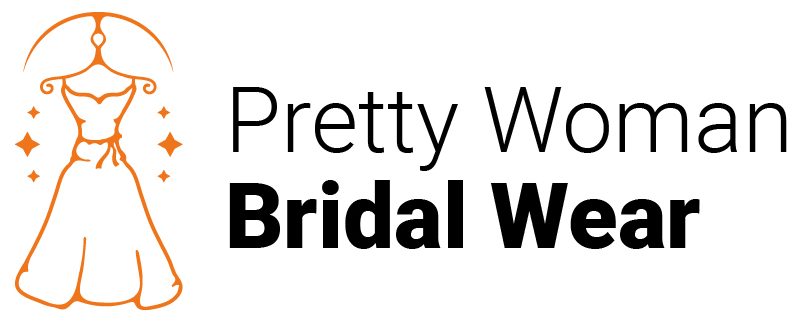The cost of Prince Harry as well as Meghan Markle’s wedding day on May 19th, 2018, was estimated at around PS32 million from one planning firm. The public’s cost will, however, be much less than the cost of William’s brother’s wedding with Catherine in 2011 due to the fact that it was an official day off for the bank.
But PS32m is a lot to throw into the occasion. It’s a reasonable amount in the event that you can prove that the benefits outweigh the cost. To be able to do this in the case of the most recent royal wedding or any other large-scale event planned, the most important factor is that the financial investment will have a positive long-term impact.
And then there’s the social element of any event. Establishing better relationships with your loved ones, family members and colleagues, or even your neighbors is a crucial aspect of any party. This shouldn’t be overlooked.
The wedding of Prince Harry and Meghan Markle won’t cause the same degree of chaos as the royal wedding in 2011. EPA/Andy Rain
One of the most popular arguments against the occurrence of events can be “what goes around comes around.” This is what economists refer to as” the “multiplier effect.” Let’s look at a simple instance. The same company that claims that the wedding will cost PS32m will be responsible for the sum of PS26,000 paid for sausage rolls, which will be provided to the people who will be attending. This is expected to boost profits and the pay packages of the firm that will be providing them. This, in turn, is likely to be poured into the economy. In a year, PS26,000 could bring additional benefits that are much greater than the initial amount.
Multiplication does not mean diversion.
Also, the huge expenditure on the royal wedding is likely to result in an additional amount of spending, much like the Olympics or any other major occasion. This is boosting the economy.
Maybe. This depends on how funds and resources are used for the wedding as well as on the overall state of the economy overall.
In the event that all economic resources are operating at full capacity, then the extra PS26,000 is just a way to increase inflation since the rising demand drives up prices, not production. Actually, the production of other important things could be reduced as production shifts towards more sausage rolls than, for instance, medical treatment.
Consider another example of cost: The security and police staff are required to be present at the wedding. They need to be redirected from a specific location. Thus, instead of the multiplier effect, it is more of a shift in resources from one place to another. In order for spending to have a true multiplier effect, it needs to be reinvested in something productive.
Let’s suppose that the royals feel embarrassed by their extravagant sausage roll spending plans and instead decide to put the PS26,000 money in the bank. In keeping with the multiplier concept, it could result in an adverse effect on the economy due to the income it would have brought to the sausage roll vendor.
The bank was able to lend this money to create new investments into robots that were more efficient at making sausage rolls. The economy would benefit from higher efficiency due to this. This is called” the contradiction of thrift. Saving can hurt economic growth in the short term but is beneficial for the development of your economy in a long time.
The conclusion is that all of us can get sausage rolls at a lower cost. However, we need to be patient and endure initially. Saving turns into an investment, which leads to productivity rises, which leads to economic growth, and, eventually, financial well-being. According to party economics, protect financially, and you can enjoy an even better time in the future.
The UK greatly benefited from the London Olympics in 2012. London Olympics because the massive infrastructure was not just built to host the event but also provided significant investment and jobs in a previously unoccupied area in the capital city.
A good party economy ensures that you are balancing the amount consumed with the amount of money invested. If you invest too little, roads will be filled with potholes car, cars fail, deliveries won’t work, hospitals won’t be constructed, and productivity will decrease. The importance of saving money, investing in the future, establishing new markets, developing new infrastructure, healthcare, education, and learning new skills is the theme here.
Markle’s wedding dress is likely to define the fashion for the future, and data suggest Prince William’s wedding was an increase in tourism. Thus, establishing new markets could be the solution. Dress-up clothes that look like copies of wedding gowns and other wedding-themed collectibles are likely to yield some profits.



